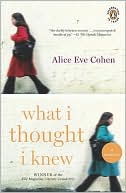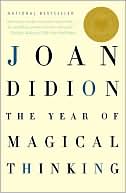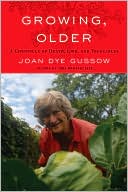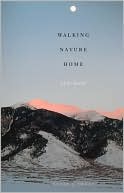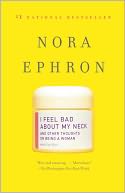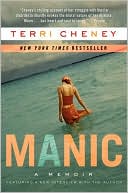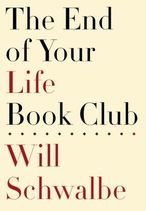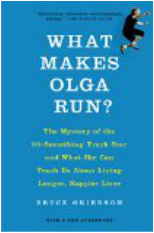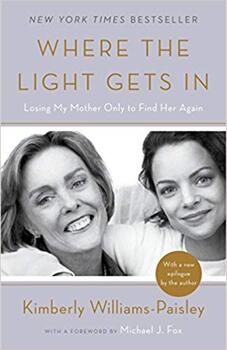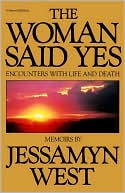
The Woman Said Yes Jessamyn West 1976 |
This memoir left me a bit on the depressed side with it's ending, but on the other hand deserved 5 stars due to the excellent writing that went into the stories. It is actually 2 stories in one. One is about Jessamyn West's own battle to live, and through the help of her mother, Grace, when doctors had given up, she was nursed at home back to health from TB. Her sister, later, years after their mother's death, developed cancer and in the end asked Jessamyn to be with her to her end. Much of the second story, or part, has to do with the plot of suicide, which Jessamyn was aware of and actually assisted in. The act was known to only 3 living people...well, until the book was published. West died in 1984. This story at one point gives hope and encouragement to severely ill people, and than at other times, seemslike it can offer no hope at all but death. But the story is written in a way that you can't put it down. Perhaps it is a book of courage in spite of obstacles. Perhaps it's just a personal tribute by West to her mother and sister and her relationship with thosetwo ladies she loved. It's not all happy and cheery, but it is a book you will remember. Reviewed by Harold Wolf |
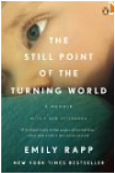
The Still Point of the Turning World Emily Rapp 2013 |
In January of 2011, writer Emily Rapp learned that her infant son Ronan had Tay Sachs, a rare, incurable genetic condition that would claim his life while he was still a baby. Rapp made the choice not to avert her eyes. She dignified her beautiful, singular boy by giving him as full and textured a life as she could, and simultaneously altered the lives of her readers by giving us a live, luminous and heart-breaking record: The Still Point of the Turning World. If you read nothing else, don’t miss this brilliant, harrowing narrative. It's written with five-alarm urgency and honesty so clear it has a vertical dimension, one that leads straight to the core of what it means to be human. As she did in her memoir Poster Child, here Rapp tears up easy ideas about difference, disability, faith, love and loss, excavating experiences and books that have taught her, offended her, shaped her, and saved her. This book will save others, because it gives us back our culture’s most precious stories, re-imagined and often fabulously debunked. Her prose is propulsive, her grief and passion all consuming, her intellectual curiosity insatiable. The book is full of sorrow without being self-pitying, reflective without ever veering narrow, and often shockingly funny, because Rapp is a raucous, brainy, risky writer. She rides grief to its furthest reaches, asking the hardest questions any human being has ever been forced to ask: about how we live with, love, and let each other go. The stakes are astronomical not because Rapp’s situation is so painful, but because her imagination is so original and her way of framing the world is exquisite. The Still Point of the Turning World gives us what life-altering books should: a flash of what we know least and most certainly, that we aren’t here forever, and we can make our – and each other’s - lives matter.
Reviewed by R. DeWoskin |
